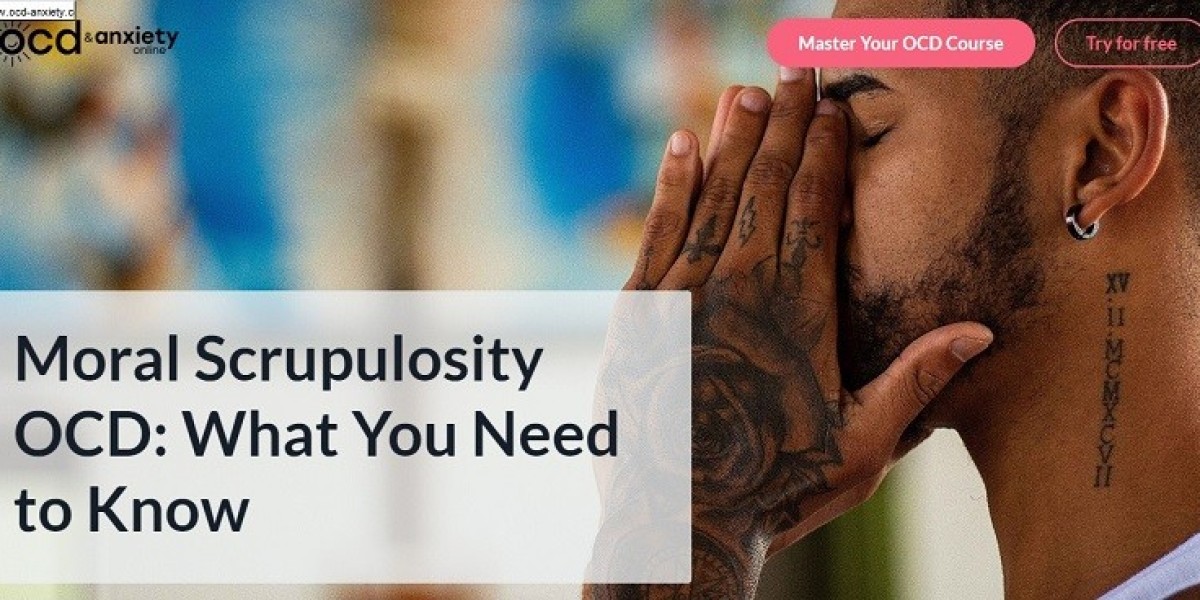Obsessive-Compulsive Disorder (OCD) is a complex mental health condition characterized by intrusive thoughts (obsessions) and repetitive behaviors or mental acts (compulsions) aimed at alleviating the distress caused by these thoughts. While OCD manifests in various forms, such as contamination fears and checking rituals, it also encompasses lesser-known subtypes that can significantly impact an individual's quality of life. Four of these lesser-known facets are False Memory OCD, HOCD (Homosexual Obsessive-Compulsive Disorder), Magical Thinking OCD, and Moral Scrupulosity.
False Memory OCD revolves around intrusive and distressing thoughts related to past events or actions. Sufferers often experience overwhelming doubt about the accuracy of their memories, even though there is little or no evidence to support the doubt. These individuals may constantly question whether they committed a wrongdoing, even when the event in question is highly improbable or impossible. The relentless cycle of doubt and anxiety can lead to ritualistic behaviors aimed at confirming or disproving the memories, further reinforcing the grip of OCD.
HOCD (Homosexual Obsessive-Compulsive Disorder)
HOCD is characterized by distressing obsessions related to one's sexual orientation. Individuals with HOCD often experience intrusive thoughts or doubts about their sexual identity, causing intense anxiety. These thoughts may not reflect their true sexual orientation, but the obsession can lead to compulsive behaviors like seeking reassurance from others, excessive self-analysis, or avoiding situations that trigger these thoughts. HOCD illustrates how OCD can prey on deeply personal aspects of an individual's life.
Magical Thinking OCD centers on the belief that one's thoughts or actions can influence external events in unlikely or magical ways. Individuals with this subtype may engage in rituals to prevent negative outcomes, even if there's no rational connection between their actions and the events they fear. For instance, someone might believe that not stepping on sidewalk cracks will prevent harm from befalling loved ones. This type of OCD highlights the irrational nature of obsessions and the profound impact they can have on an individual's behavior.
Moral Scrupulosity involves obsessions and compulsions related to morality, ethics, and religious or moral values. Individuals with this subtype often experience intense guilt and anxiety over perceived moral transgressions, even when their actions are inconsequential or not morally questionable. They may engage in rituals to seek forgiveness or reassurance, or they might avoid situations that trigger these thoughts. This subtype illustrates how OCD can exploit an individual's sense of right and wrong, leading to excessive self-judgment and emotional distress.
In conclusion, OCD is a multifaceted mental health condition that extends beyond the common portrayals of handwashing and checking behaviors. False Memory OCD, HOCD, Magical Thinking OCD, and Moral Scrupulosity represent only a few of the many ways in which this disorder can manifest. Understanding these subtypes is essential for recognizing the diversity of OCD presentations and providing appropriate support and treatment to those affected. If you or someone you know is struggling with any form of OCD, seeking professional help is crucial in order to effectively manage the symptoms and improve overall well-being. for more info visit us : https://www.ocd-anxiety.com/



